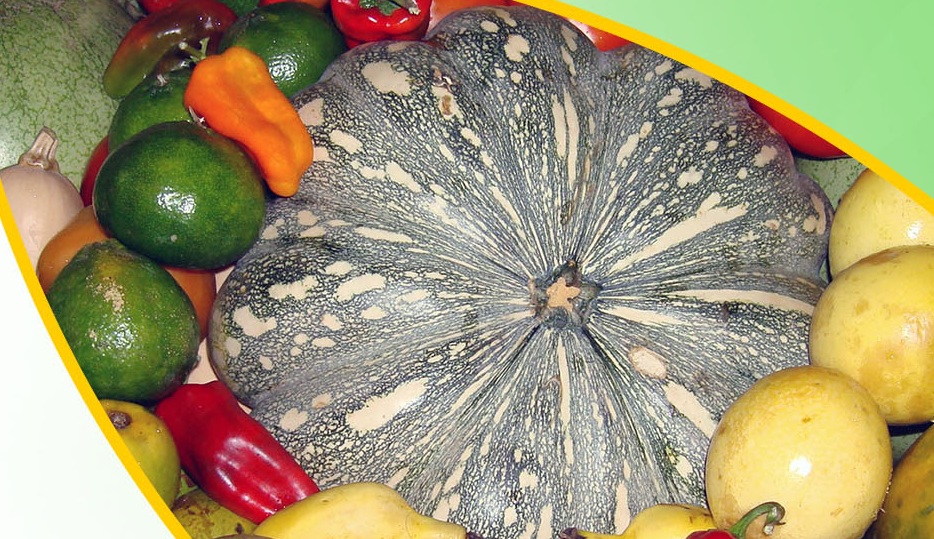A resilient agri-food system remains critical for CARICOM as the Region continues to face increasing climate-related challenges. As part of its response, the CARICOM Secretariat, supported by the Government of New Zealand, has launched the CARICOM Boost: Women and Youth in Agriculture Project, a transformative initiative aimed at strengthening food security and empowering key stakeholders across Member States.
This strategic initiative is designed to enhance the capacity of women and youth in the agribusiness sector, while contributing to the Region’s goal of reducing its Food Import Bill by 25% by 2025.
Speaking about the programme, Shaun Baugh, Programme Manager for Agricultural and Agro-Industrial Development at the CARICOM Secretariat, stated:
“The overarching goal is to improve livelihoods and expand employment opportunities. So, we will engage 188 youth and women from the Region by teaching them agricultural best practices and management. Beneficiaries will participate in a series of capacity-building activities aimed at equipping them with skills in production and post-harvest management.”
The project will be implemented in Belize, Dominica, Grenada, Guyana, Haiti, Jamaica, Montserrat, Saint Lucia, St. Vincent and the Grenadines, and Suriname, with direct support provided to selected participants through training, equipment, and infrastructure development.
Key deliverables of the Boost Project include construction of 47 shade houses to support controlled-environment agriculture; provision of 15 solar-powered cold storage units; distribution of post-harvest and storage crates to enhance produce handling and preservation.
Mr Baugh explains that Boost will transform how beneficiaries develop their agribusiness:
The capacity-building component of the initiative is being delivered in collaboration with regional and international partners, including the Caribbean Agricultural Research and Development Institute (CARDI), Inter-American Institute for Cooperation on Agriculture (IICA), and the Food and Agriculture Organization of the United Nations (FAO).
“The CARICOM Secretariat remains steadfast in its mission to foster inclusive growth and food and nutrition security through targeted interventions that empower the next generation of agricultural leaders,” stated Mr Baugh.
He provides additional details on how Boost will contribute to reducing the Region’s Food Import Bill by 25% by 2025:





